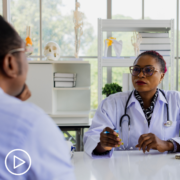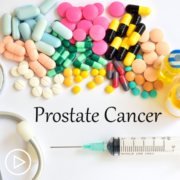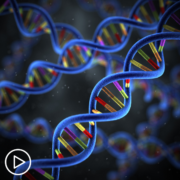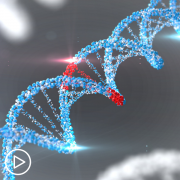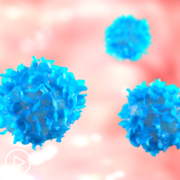Understanding Immune System Recovery Post Follicular Lymphoma Treatment
Understanding Immune System Recovery Post Follicular Lymphoma Treatment from Patient Empowerment Network on Vimeo.
Follicular lymphoma treatment may impact the immune system in different ways. Expert Dr. Kami Maddocks from The Ohio State University Comprehensive Cancer Center discusses how immune function may be impacted and how recovery is monitored.
See More from START HERE Follicular Lymphoma
Related Resources:

|

|
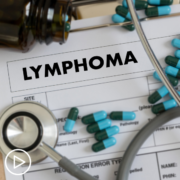
|
Transcript:
Lisa Hatfield:
So another person is asking, “How long does it take for the immune system to really start bouncing back after follicular lymphoma treatment? And what blood test results indicate a weakening immune system?”
Dr. Kami Maddocks:
Yeah, so this is a great question. It also can be a complicated question with many different answers. So one, it can depend on the treatment that a patient receives. Two, it can actually depend on their different parts to the immune system. So different parts of the immune system can recover at different time periods from treatment. So acutely, our neutrophils are something that often gets…they’re bacteria infection fighting cells. Those are the cells that during chemotherapy, when that count gets low and patients are counseled on if you have a fever during your treatment, you need to be evaluated and be seen because if you have an infection and a fever during chemo or some of these treatments, your blood counts are low, you might need to be in the hospital on IV antibiotics.
So those neutrophil parts of it are usually quicker to recover, so they drop with treatment and then recover pretty quickly with each cycle, including after an ended treatment cycle. Sometimes when patients have been treated with several different therapies, it can be harder for those cells to recover. They can stay lower for longer. Then there’s a component of the immune system, so we are ripping out the lymphocytes, because that’s what the cancers have.
And so things targeted. Chemotherapy in general kills the lymphocytes, but there also are targeted therapies like rituximab (Rituxan) bispecific antibodies CAR-T cells, those are particularly wiping…targeted towards proteins on the lymphocytes and wiping them out. Those can be for a more prolonged time. In general, we usually think of about a six-month period so patients can be at increased risk for viral infections in that six-month period may not respond as well to vaccines in that period.
But for some patients it takes longer and some patients recover quicker. It also can depend on where patients are at in their journey because every therapy that they’ve had can take a little bit longer to recover. The last part I’ll add is just sometimes when the lymphocytes are wiped out for a long time people’s proteins, their immunoglobulins that help fight infection get low. And so sometimes we actually will end up giving patients replacement of IVIG to help if they’re having lots of infections.
Share Your Feedback:
Create your own user feedback survey

